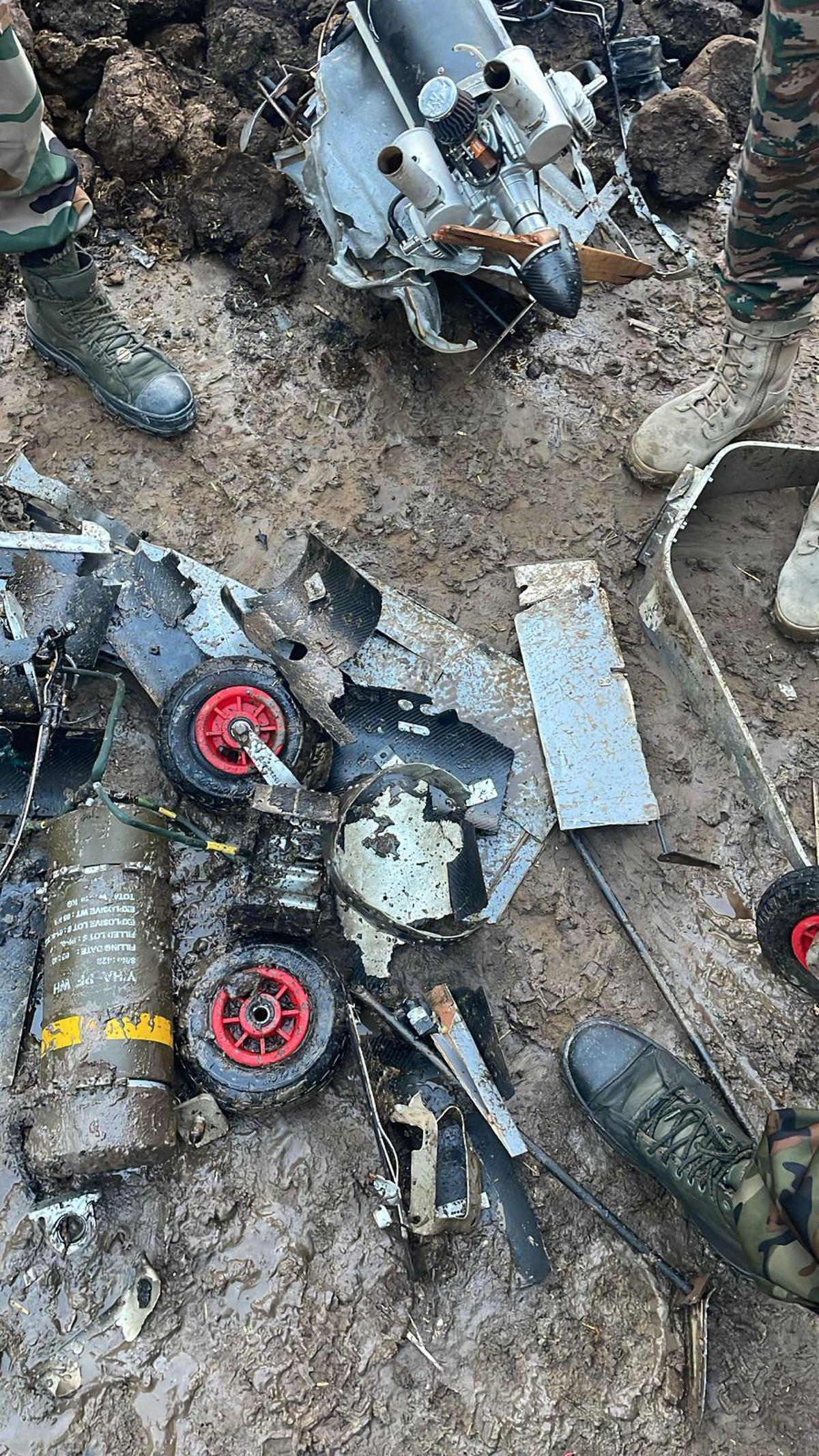SOURCE: AFI


Turkey’s defense industry, long heralded for its advancements in unmanned aerial vehicles (UAVs), is encountering significant hurdles in marketing its Songar drones and Baykar YIHA (likely a reference to Baykar’s Bayraktar series) UAVs to international buyers. This setback follows their underwhelming performance in operations against India, which has cast doubts on their effectiveness and reliability.
As reported in a recent headline, Turkey is now hard-selling these systems to Ethiopia, claiming they are the “best in the world” and citing their use by Pakistan as a testament to their capabilities. However, the global defense market appears skeptical, and Turkey’s ambitious export plans are facing resistance.
Turkey has positioned itself as a leading player in the global drone market, with its Bayraktar TB2 UAVs gaining fame for their roles in conflicts in Syria, Libya, and Nagorno-Karabakh. The Songar drone, developed by Asisguard, and Baykar’s UAVs were expected to build on this success, offering advanced capabilities such as precision strikes, loitering munitions, and reconnaissance. However, their deployment in operations against India—likely in the context of regional tensions involving Pakistan—revealed critical shortcomings.
While specific details of the engagements remain classified, sources indicate that the Songar drones and Baykar UAVs struggled against India’s robust air defense systems and electronic warfare capabilities. India, known for its layered defense networks, including the Akash missile system and advanced radar technologies, may have effectively neutralized these drones, exposing vulnerabilities in their stealth, endurance, and countermeasures. This poor showing has tarnished the reputation of Turkish drones, which were previously marketed as cost-effective and battle-proven alternatives to Western systems.
The fallout from this performance has had a ripple effect on Turkey’s defense export strategy. Countries that were once potential buyers are now hesitant to invest in these systems, fearing they may not deliver against sophisticated adversaries. Turkey’s defense industry, heavily reliant on exports to sustain growth, is now in damage control mode. The recent pitch to Ethiopia, as highlighted in the headline, is a clear attempt to regain market confidence. By touting the drones’ use by Pakistan and labeling them as the “best in the world,” Turkey is employing a hard-sell approach to salvage its reputation.
However, this strategy may not yield the desired results. Ethiopia, while a prospective buyer, is likely aware of the drones’ recent failures. Moreover, Pakistan’s use of these systems has not been without controversy, as their effectiveness in the rugged terrain of Jammu and Kashmir has been questioned. India’s ability to counter these drones has likely raised red flags for other nations, particularly those facing adversaries with advanced military capabilities.
NOTE: AFI is a proud outsourced content creator partner of IDRW.ORG. All content created by AFI is the sole property of AFI and is protected by copyright. AFI takes copyright infringement seriously and will pursue all legal options available to protect its content.